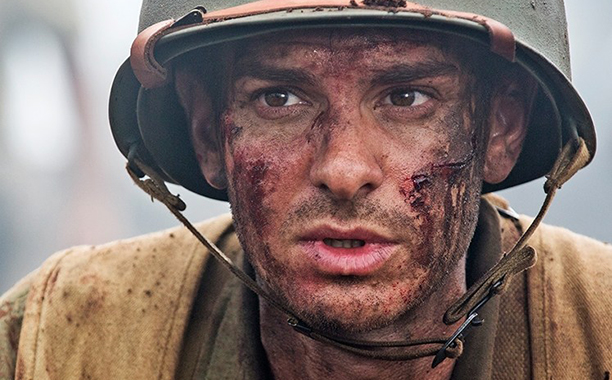Oscar-winning actor and director Mel Gibson has revealed he makes films like "Hacksaw Ridge", an inspirational film about a World War II soldier, Desmond Doss, because such stories of faith in the face of seemingly impossible circumstances "speak to" his soul.
The powerful film tells the real-life story of Doss, a devout Seventh-day Adventist who despite being brutally challenged for his faith, refused to bear arms or kill in the Battle of Okinawa. Despite refusing to carry a weapon, Doss saved 75 men during the bloody battle.
Gibson, who landed a Golden Globe nomination for best director for the film, told The Hollywood Reporter during the Director Oscar Roundtable, "I thought [Hacksaw Ridge] was so inspiring...I never actually heard of anyone that was the pinnacle of heroism, and he inspired me."
He added, "I couldn't be like that I don't think, not in a million years. It gives us all hope, I think, that if we can see someone that behaves like an ordinary man in hideous circumstances, doing extraordinary things it speaks to me, it speaks to my soul, so I think it's a story worth telling."
"Hacksaw Ridge", which earned about $76 million worldwide, also scored two other Golden Globe nominates: The film was hailed in the best motion picture drama category, and the film's star Andrew Garfield received a best actor mention for the film.

'Hacksaw Ridge' stars Andrew Garfield and tells the true story of Pfc. Desmond T. Doss (Andrew Garfield), who won the Congressional Medal of Honor despite refusing to bear arms during WWII on religious grounds.
Gibson won the Golden Globes director trophy in 1995 for "Braveheart," then went on to win the Academy Awards for Best Picture and Best Director. He also received actor nominations for "Ransom" in 1997 and "What Women Want" in 2001.
In 2004, Gibson earned high praise from both the Christian and mainstream communities after directing the wildly-successful faith-based film The Passion of the Christ.
However, he quickly became a Hollywood pariah following a DUI arrest in July 2006, when he made an anti-Semitic comment to a police officer. While Gibson received treatment for his alcoholism and visited Jewish leaders and to apologize, he was nevertheless shunned by the industry - until now.
When asked about the fallout from the scandals in his controversial personal life, Gibson told The Hollywood Reporter he believes he's learned from his mistakes.
"Any experience you have in life enriches your work somehow, good or bad," he said. "I developed a lot of things while I had some time off, it was the offseason, you might say. I did a lot of stuff. And it's so good to sort of come back and do what I love doing, just tell stories."
Gibson has said his next project will be The Resurrection; a sequel to The Passion of the Christ.

















